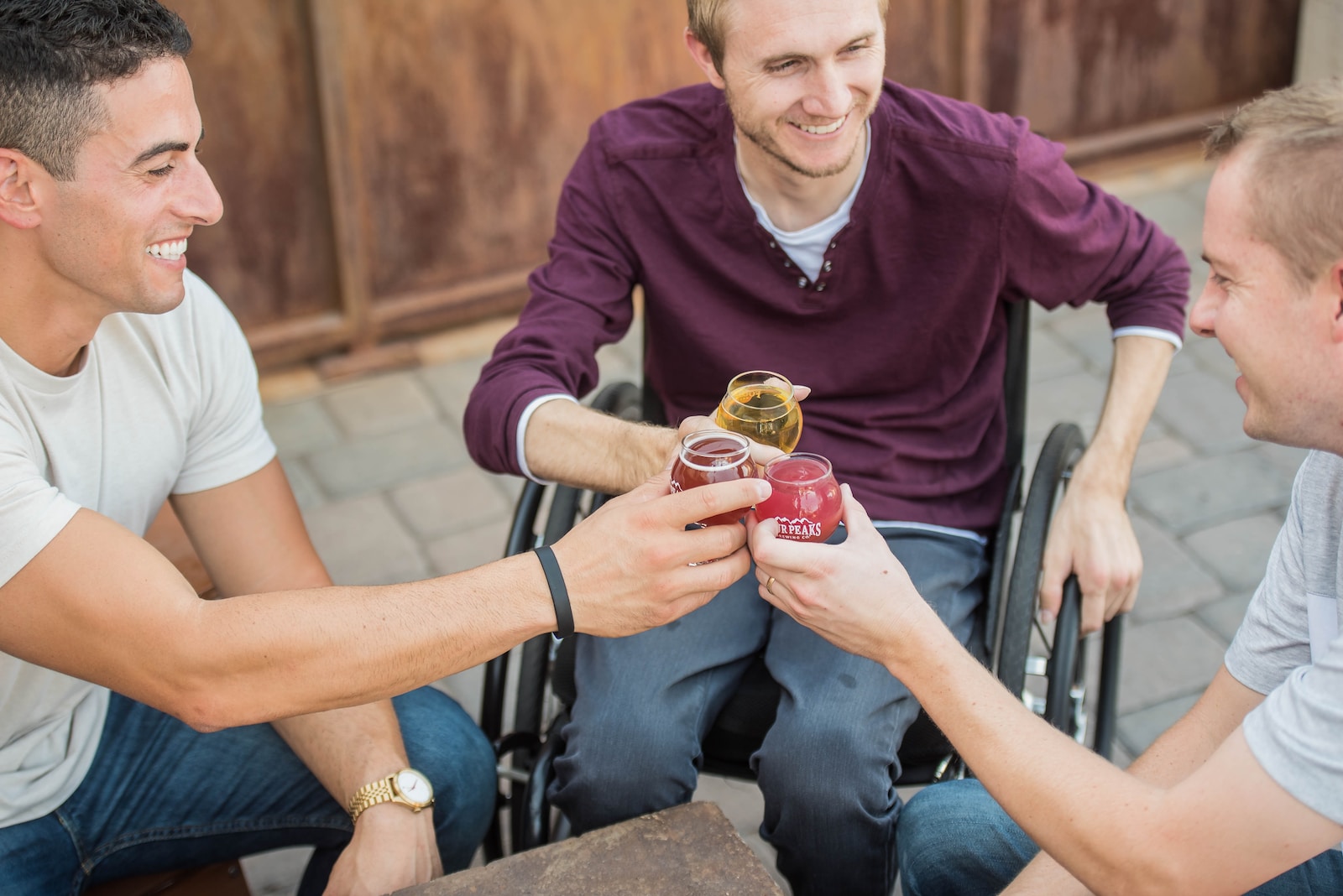OPINION
Mike Bain
Christian Voice New Zealand
Facebook: Christian Voice New Zealand
Mike Bain is the founder of Christian Voice New Zealand, an online Christian ministry which comments on today’s news which affects our daily lives and culture by viewing it through the lens of the Bible.
Disabled people are not on earth to be pitied, ignored, or looked down upon and for Christians they are not there to be cured, cared for or pushed aside.
Having gained informed comments from many disabled church members, I found God using disabled people in an inspirational way whether it be, in worship teams, community care, evangelism and counselling.
Honestly, there wasn’t a single area in Christian life he isn’t using them.
Unlike us, God does not see them as lesser beings because they have a disability, and nor should we.
But I must tell you, sometimes, we just do not think.
Speaking with one young woman, injured in a car accident, she said she felt “ignored” as others would speak to the person pushing her chair, and then condescendingly ask her, “Are you alright dear?”
Another said, “often, many Christians would want to pray for her.”
One said she lost most of her friends because they could not cope with the chair.
It’s sad right? But this is how many we spoke to felt, but they quickly refuted any assertions they were any less than able-bodied people.
Most are disabled through circumstance rather than design, accidents, health, or genetics, all beyond their control.
Collectively, disabled people accept their circumstances, in some cases they found it difficult, but it has brought them to an understanding of themselves.
They embraced their circumstances, and their physical and sometimes neurological differences as a unique gift from God.
One woman commented she is in “constant pain,” and every day faces not only the challenge, her disability presents but the barriers to participating in life, at work and in church.
Finding herself feeling marginalised at church, our investigation found she was not alone.
It is not an issue today but simple access into the church was a major issue, but it did not end there.
Once inside some agreed that while they felt invincible others made them feel well, invisible.
When you’re invisible, it is hard to participate and have your voice heard. One member pointed out when they were speaking about their church’s priorities, that they found the church leadership to be tone deaf, as they were raising funds for the restoration of a church organ, but no funds could be provided to have wheelchair access to the toilet.
Another’s experiences in church were particularly difficult, “I was seen as an object of others’ care and ministry, but people saw my wheelchair before they saw my gifts.
I became invisible unless I was being prayed over for healing, but no one ever asked whether I wanted prayer.
All agreed they did not want to be looked after, they wanted the church to change and listen to those like them who had disabilities.
And it must be pointed out, that not everyone who has a disability is aided by a device, their disability may be one unseen.
While these people have disabilities, they are strong in their faith and fight every day to overcome all obstacles and barriers. God in 1 John 4 talks about us, all of us as being children of God, in 1 Peter 5 it mentions victory for everyone born of God overcoming the world and believes that Jesus is the Son of God.
While some look down with pity on disabled people and think they should be saved, look at what God has provided for them.
One woman said she “turned her pity party into a ministry” and was able to bring two people to the Lord, just by talking about her situation and her faith.
Another wheelchair-bound woman rocks the stage every Sunday at a mega church leading the congregation in worship.
Another uses their disability to reach out to others in a comparable situation to speak into their lives the good news of Jesus Christ.
These are just some of the examples of where the church sees the heart, not the wheelchair, crutch, walking stick, Zimmer frame, or the mental disability, as no different to able-bodied members of the congregation.
We all must remember, that we have one thing in common, we are made in God’s image.
Disability seen or not, they too are children of God and deserve to be treated this way.
We as a church can make them belong, we should include them in every aspect of church life not working for them but alongside them.
The disabled person must no longer be seen as an object of care or charity but recognised as potential leaders, with gifts to offer.
Together, we could transform the church to look a little more like God’s kingdom than it did before.

